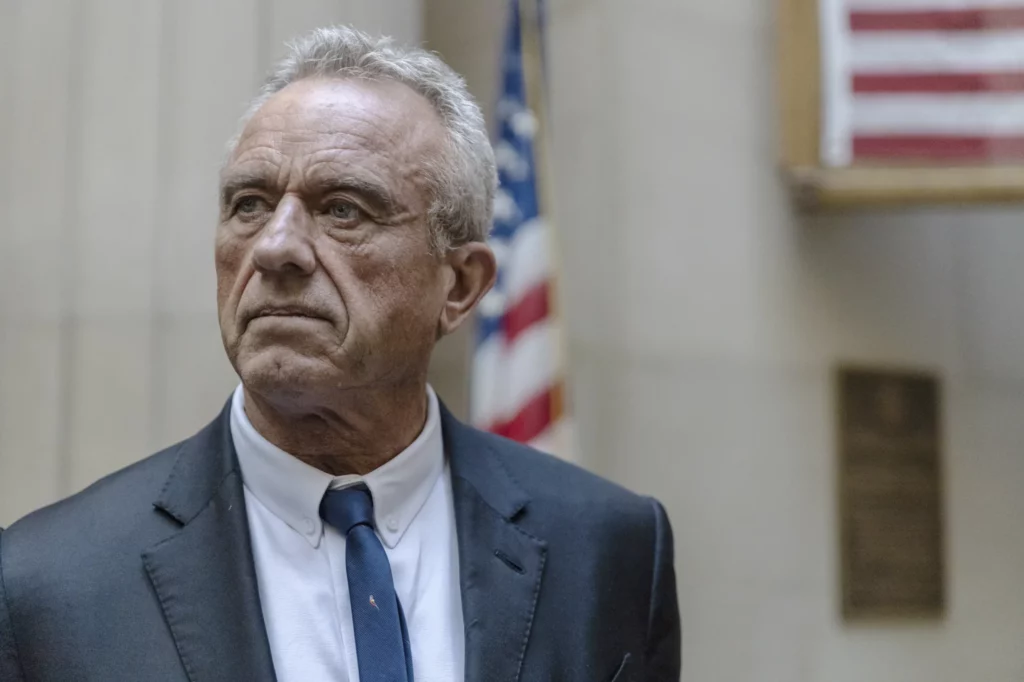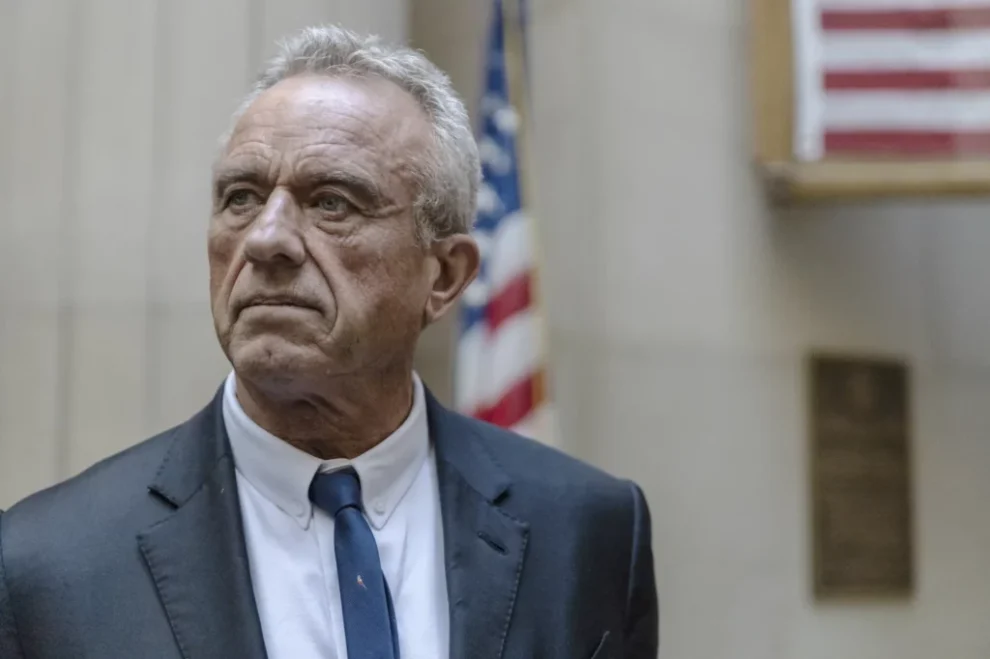A Louisiana district court ruled this week that Robert F. Kennedy Jr. and his charity Children’s Health Defense have the legal right to sue the Biden administration for allegedly pressuring tech giants to censor their social media posts.
The decision marks the latest major development in anti-censorship litigation, following the June Supreme Court ruling in Murthy v. Missouri, where a 6-3 majority struck down a similar injunction against the Biden administration, saying that the plaintiffs lacked standing due to insufficient evidence of direct injury caused by the government’s actions.

In the Murthy case, the Supreme Court determined that the plaintiffs, two states and five social media users, could not directly tie any content moderation to the government. The court also found that the plaintiffs failed to show a substantial risk of future injury that could be attributed to government actions, a requirement necessary to establish legal standing.
But in the Kennedy v. Biden case, U.S. District Judge Terry Doughty, nominated by former President Donald Trump, issued a decision late on Tuesday, concluding that Kennedy and CHD, a charity labeled by critics as “anti-vaccine,” met the criteria for standing.
“The Court finds that Kennedy is likely to succeed on his claim that suppression of content
posted was caused by actions of Government Defendants, and there is a substantial risk that he will suffer similar injury in the near future,” Doughty wrote in a 20-page decision.
The ruling pointed to evidence that Kennedy and his charity had been directly censored on social media platforms such as Facebook, Instagram, and YouTube due to deliberate requests by government officials to suppress their content. This censorship, according to Doughty, could be traced back to direct communications and instructions from government officials to these platforms.
Kim Mack Rosenberg, CHD’s general counsel, praised the ruling, noting that the court’s analysis led to the “correct conclusion with respect to standing for CHD and Mr. Kennedy.”
Rosenberg emphasized that the court not only recognized the validity of the plaintiffs’ claims but also acknowledged the direct impact of government actions on their ability to communicate on social media, a factor the Supreme Court’s majority was unable to do in the Murthy case.
Doughty highlighted specific instances where Kennedy and CHD were targeted by the government for their views on COVID-19-related issues, such as vaccine mandates and lockdowns. These actions were part of a broader effort by the government to combat what it labeled as “misinformation.”
Notably, the Trump-appointed district court judge in the Kennedy case is the same judge who blocked contact between Biden administration officials in the Murthy case on July 4 of last year in response to a lawsuit from Republican attorneys general in Missouri and Louisiana.
In the 6-3 opinion authored by conservative Justice Amy Coney Barrett in June, she wrote that the majority could not find standing for the plaintiffs who claimed to be censored due to “traceability” issues in the evidence presented at trial.
“While the record reflects that the Government defendants played a role in at least some of the platforms’ moderation choices, the evidence indicates that the platforms had independent incentives to moderate content and often exercised their own judgment,” Barrett wrote in a decision joined by two conservative members, Chief Justice John Roberts and Justice Brett Kavanaugh, as well as liberals such as Justices Elena Kagan, Sonia Sotomayor, and Ketanji Brown Jackson.
What’s more, the high court’s majority decision said the decision by the 5th U.S. Circuit Court of Appeals that maintained parts of Doughty’s injunction “glossed over complexities in the evidence.”
The underlying basis for standing that Barrett and others said the plaintiffs in Murthy failed to reach is this: “A threshold showing that a particular defendant pressured a particular platform to censor a particular topic before that platform suppressed a particular plaintiff’s speech on that topic.”
CLICK HERE TO READ MORE FROM THE WASHINGTON EXAMINER
Kennedy’s case now moves back to the 5th Circuit, where Doughty’s preliminary injunction against the Biden administration will be reviewed.
Meanwhile, the attorneys working on the Murthy case are still working on additional discovery requests in light of the Supreme Court’s decision, and Doughty’s ruling for Kennedy is likely to help attorneys’ efforts to find standing for the plaintiffs in the case that was decided by the Supreme Court earlier this summer.
























